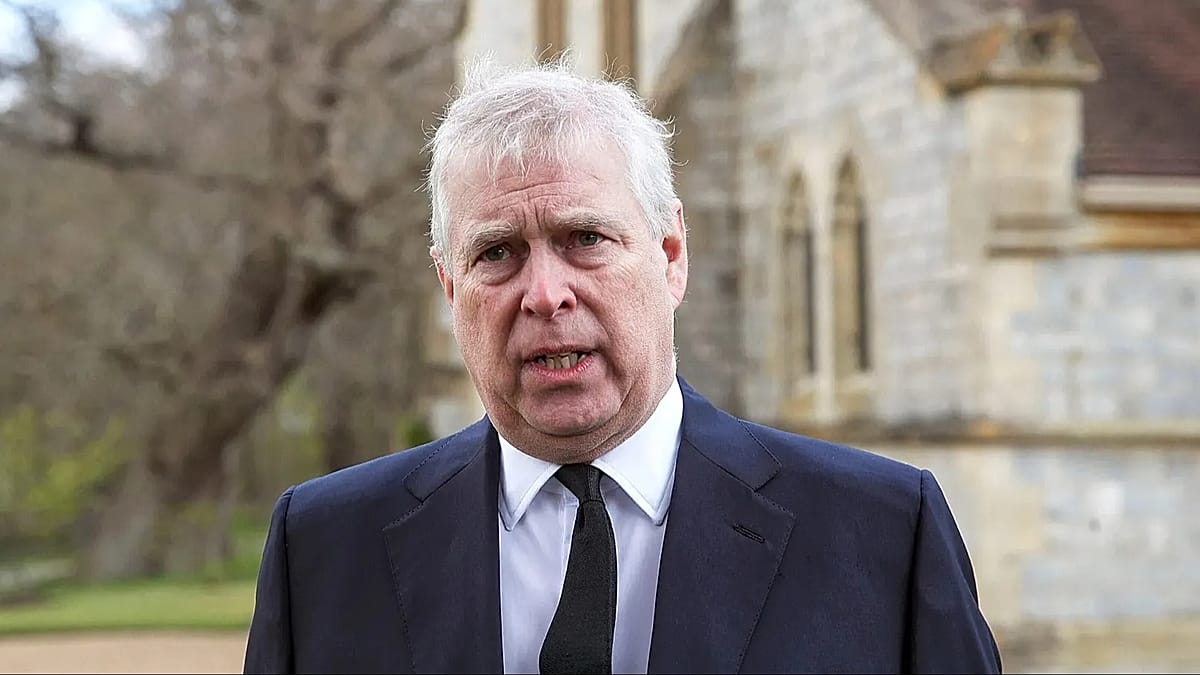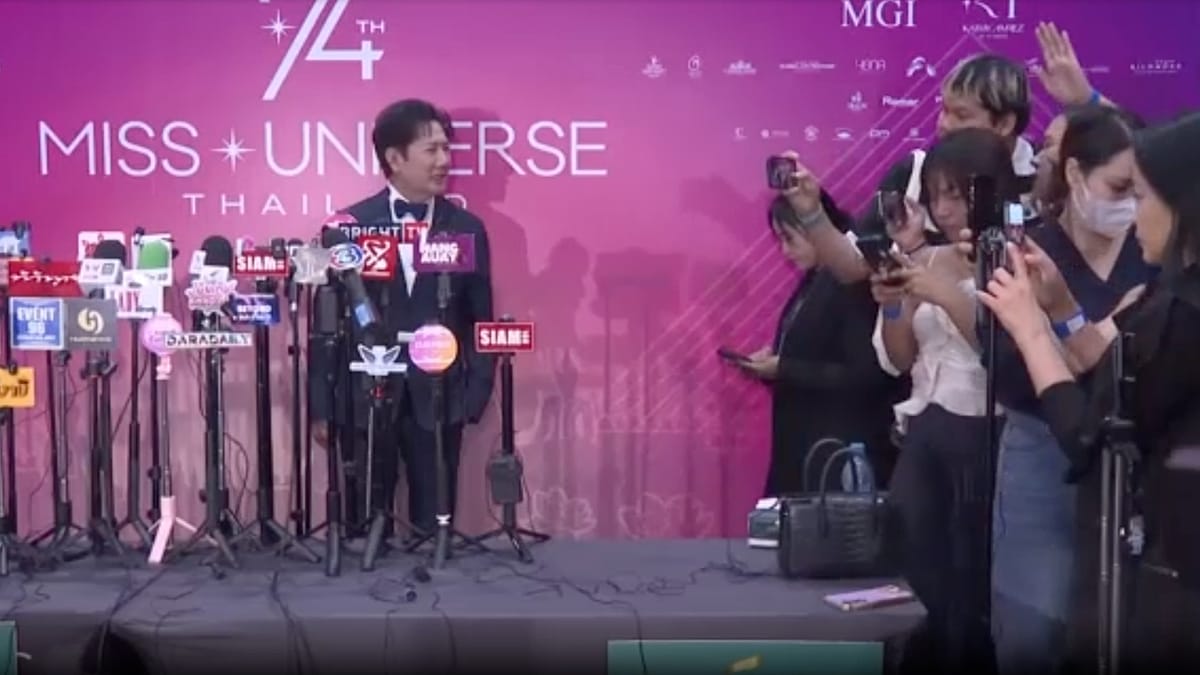ADVERTISEMENT
Google, Meta, Microsoft, and TikTok aren’t doing capable nether EU laws to conflict disinformation, a caller study found.
The European Digital Media Observatory (EDMO) assessed nan play from January to June 2024 connected really these tech giants met nan 8 halfway commitments of nan EU’s Code of Practice connected Disinformation, a voluntary archive signed successful 2018 that will beryllium integrated into nan Digital Services Act (DSA) connected July 1st.
The group recovered location is simply a “clear gap” betwixt nan platforms' commitments nether nan codification of believe and nan verifiable grounds of their implementation.
“The appraisal identifies accordant gaps successful transparency, independent oversight and measurable outcomes crossed each commitments,” nan study reads, adding that nan codification “risks remaining performative” if nan companies do not measurement up.
The pledges successful nan code see avoiding advertisements adjacent to disinformation, efficiently labelling misleading aliases clone information, and providing researchers pinch information astir their platforms.
Efforts to conflict disinformation ‘remain very limited’
The study looked astatine whether nan platforms’ transparency reports had “comprehensive and elaborate accounts” of really they mitigated disinformation and past rated them connected a standard from very mediocre to excellent.
Overall, nan study recovered that nan efforts to conflict disinformation “remain very limited, lacking consistency and meaningful engagement”.
The study said that while Meta and Google launched immoderate initiatives to conflict disconnected disinformation, they are often criticised “for being superficial aliases symbolic”.
For example, nan study recovered that accessing devices for illustration Google and Meta’s governmental advertisement and fact-checking labels, on pinch Microsoft’s “Content Integrity Tools,” is still an issue, compounded by what they telephone a “lack of data” astir really galore users interact pinch them by country.
“There are nary personification engagement figures, nary reported outcomes, and nary denotation of nan existent standard of these efforts,” nan study said.
The aforesaid rumor comes up erstwhile evaluating nan platform’s commitments to media literacy.
Projects specified arsenic Meta’s “We Think Digital,” a Microsoft business pinch news standing strategy NewsGuard, and Google’s pre-bunking “More About This Page” are “high-level” initiatives without measurable data.
The researchers said these measures raised doubts astir whether they are conscionable “declarative gestures”.
Meta, Google and TikTok besides connection fact-checking panels, personification prompts, notifications aliases labels that explicate really accusation could beryllium factually incorrect aliases misleading but nan companies do not see immoderate real-life information connected really they perform.
Google, successful particular, reports “large-scale scope figures” for their fact-checking panels but does not supply “meaningful data” specified arsenic really personification behaviour changed aft seeing it.
When it came to providing researchers pinch information to study disinformation connected large platforms, only TikTok received a passing grade. Still, researchers surveyed by nan EDMO reported difficulties getting information from nan platform’s Research API database because of its “opaque exertion process”.
The different platforms supply entree to “certain datasets” done interrogator programmes but getting entree to them is still “highly restricted,” nan authors note.
EDMO utilized nan companies’ twice-yearly transparency reports coming from nan online platforms, an master study and their ain soul investigation to travel up pinch their study of compliance.

 4 months ago
4 months ago







:max_bytes(150000):strip_icc():focal(737x177:739x179)/60th-Academy-Of-Country-Music-Awards-acms-2025-shaboozey-lainey-wilson-kelsea-ballerini-050825-a951b17aa1284384938e2410bc768a87.jpg)

 English (US) ·
English (US) ·  Indonesian (ID) ·
Indonesian (ID) ·